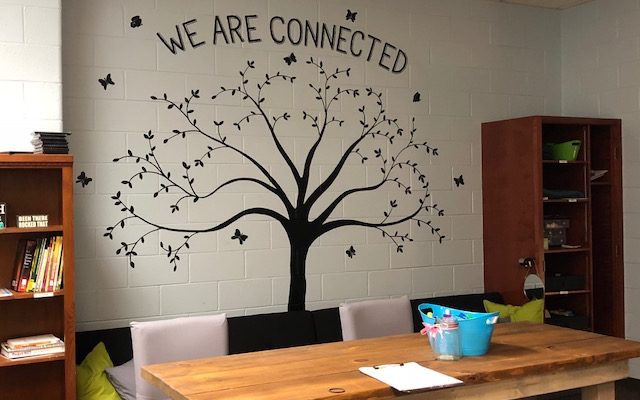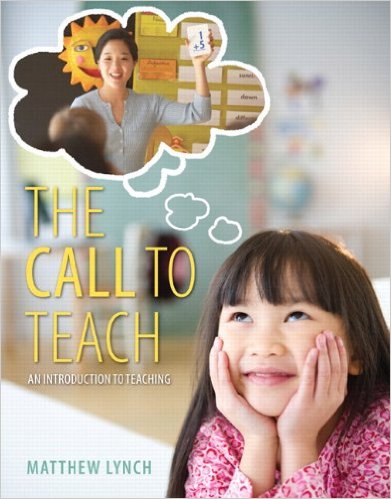The Importance of Emotions in Learning

Richard Davidson, founder of the Center for Healthy Minds at the University of Wisconsin says, “The brain circuits important for social-emotional learning interact with circuits that are important for cognitive learning – so if one is anxious, stressed or emotionally unbalanced, this has deleterious effects on the circuitry for other types of learning.”
We are designed to connect with one another, but often this connection for the student who enters our classes has been damaged or broken. When a caring teacher communicates to a student “I can’t change what has happened to you, but I can walk your journey with you and I won’t leave you,” this can have a profound effect on learning. A teacher who truly sees his/her students and makes them feel valued communicates that both learning and emotional well-being are important in the classroom.
Historically, the educational community has focused on the academic nature of learning, while not acknowledging the social-emotional aspect. This is changing. In the hectic nature of our days, we as teachers can practice mindfulness in the following ways:
- Resilience: Being happy all of the time is an unrealistic state, instead we should focus on resilience—the ability to bounce back from adversity. When we change the way we respond to life’s curve balls, our emotional well-being improves. The attitude of resilience takes some time to develop, but if teachers intentionally modeled resilience and articulated those responses, students would have a much better chance to adopt those perspectives.
- Outlook: Connected to resilience, outlook is the ability to see the good in people and circumstances—”the glass is half full” attitude. Choosing this type of outlook is self-perpetuating in the sense that the more you do it, the more inclined you are to have a positive outlook. Brain research shows that brain circuits change as a result of this intentional outlook.
- Pay Attention: Focus and the ability to bring a wandering mind into focus has many beneficial effects, most notably an increased sense of well-being. Teachers might try some mindfulness practices when they see their students minds wandering or losing focus. This can be especially critical in the current age of digital everything.
- Altruism: The whole “pay it forward” idea actually has scientific merit. When a person behaves generously, brain circuits are activated that increase a sense of well-being and peace.
Rick Hansen, a neuropsychologist and author, states that “growing our inner resources—moments in which we feel mindful, determined, loving, cared about, worthy, accomplished, resilient—can allow us to use the mind to change the brain to change the mind for the better.” This speaks to the intentionality of behaviors for teachers so that students have a chance to model them and imprint them on their brains.
While it may seem that these strategies and behaviors might not matter, a teacher can truly change the climate of the classroom and influence the school climate by practicing and conversing with students daily about the “why.” Why does this matter? What can you do to effect change?
Checking in with your students frequently can help you keep a finger on the pulse of your students so that you can help them become intentional in their responses, too.





